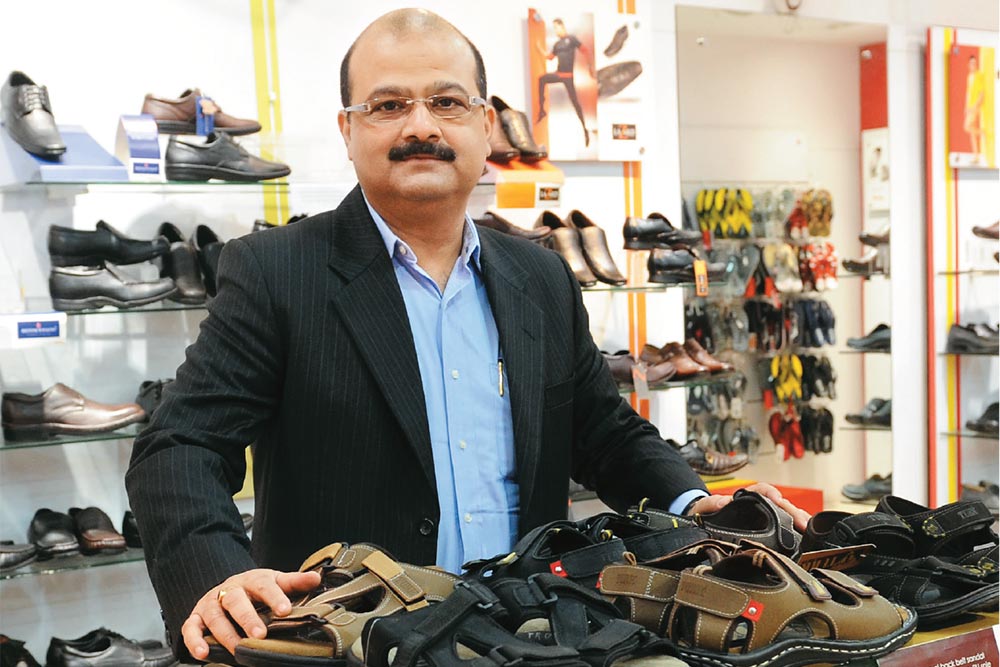Come festive season and most of east India seems to head to a Khadim’s outlet to buy footwear — during Durga Puja, the company sells over 14,000 pairs a day. This year, there was an unusual shopper at the Kolkata-based shoemaker — PE player Reliance Equity Advisors, which forked out ₹90 crore for an undisclosed stake in the company. “The funds raised will be used for opening 90 company-owned and operated retail outlets across the country over the next three years. It will also be used to retire debt and scale up logistics infrastructure,” says Siddhartha Roy Burman, CMD, Khadim India.
Good for Khadim’s, but what prompted the sudden PE interest in the company and, indeed, the sector? Reliance Equity Advisors declined to participate in the story, but some signs are unmistakable. First, Khadim makes a good target — with 650 retail stores across India, its footprint is second only to the ubiquitous Bata; and sales have been rising steadily, from ₹180 crore in FY08 to ₹320 crore in FY12 and ₹420 crore last year. Second, the industry is growing well. The ₹22,000-crore Indian footwear industry is expected to touch ₹38,700 crore by 2015 and since only 40% is organised, the potential for growth seems immense.
But then, the industry has been regularly clocking 15%-plus growth rates for several years. So, why are investors warming up only now? The Khadim investment is the second PE deal in the footwear market this year: in April 2013, Future Ventures picked up a 33% stake in KFC Shoemaker, which retails under the Tresmode brand. “PEs look at certain scale and size before investing, which I think firms are now displaying in this sector,” reasons Saloni Nangia, president, Technopak Advisors. As for Reliance’s interest in Khadim, “everything is attractive about Khadim’s,” she says. “It has a proven scalable model and is vertically integrated, which is rare in this business. And it operates in a high-margin category.”
Roy Burman doesn’t agree that the footwear industry has been flying under the PE radar all this while. “The PE community was always tracking potential investments in the segment. We had enquiries from various funds at different point of time. However, investors are wary about the retail segment in India, thanks to governmental policies and past experience of bad investment,” he says.
Until now, Khadim’s growth has been funded by debt and internal accruals. But Roy Burman felt equity infusion was imperative for future growth — “Otherwise the balance sheet would be over-leveraged and skewed towards debt.” Under the terms of the deal with Reliance, the shoemaker is bound to provide an exit option after 42 months. That’s a path Khadim has trod unsuccessfully in the past decade, with two aborted IPOs. Will it be third time lucky?











